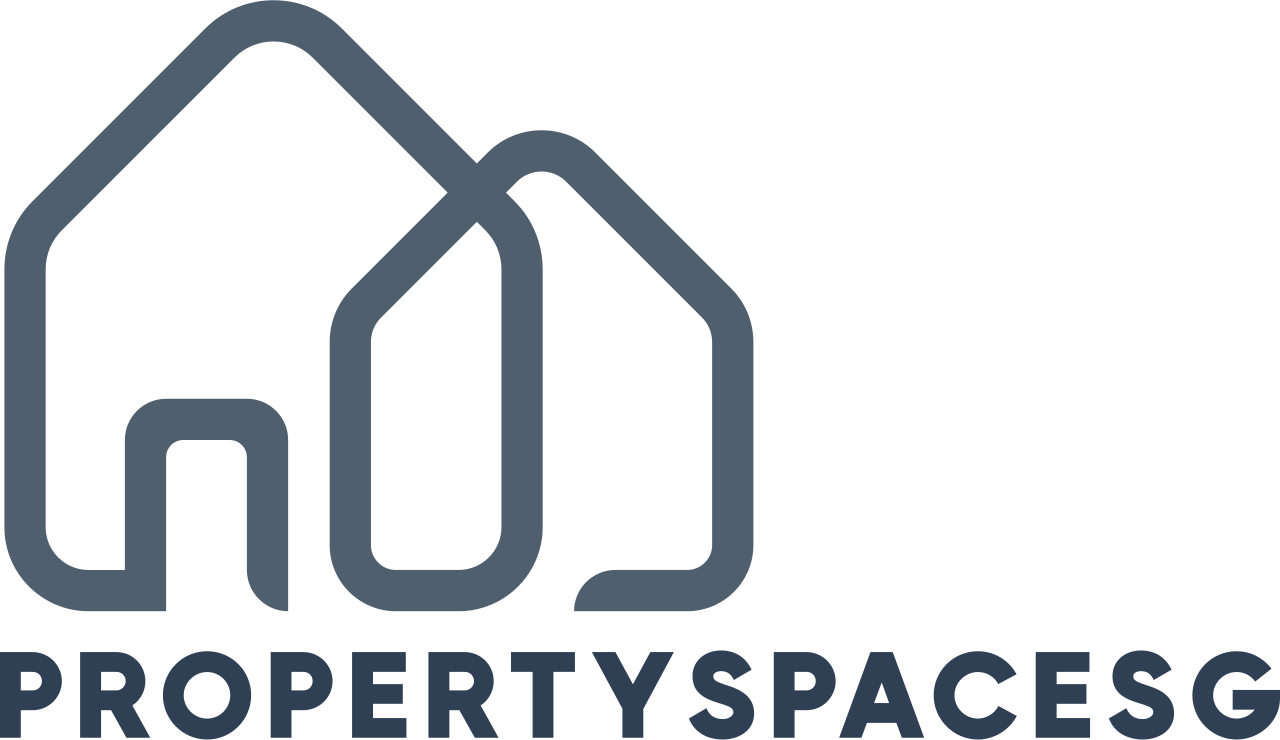Thinking of buying a condo in Singapore but not sure how much you actually need? Whether you’re upgrading from an HDB flat or buying your first private property, understanding the full cost of ownership is crucial. With property prices remaining stable and interest rates holding in 2025, it’s more important than ever to be financially prepared before making the leap.
In this guide, we break down the major costs — from down payments and legal fees to monthly obligations — so you know exactly what to expect and how to plan effectively.
1. Minimum Down Payment: 25% of Purchase Price
If you’re taking a bank loan, the minimum down payment is 25% of the condo’s purchase price. Of this, 5% must be paid in cash, while the remaining 20% can be paid via CPF Ordinary Account (OA) and/or cash.
For example:
- Condo Price: $1,200,000
- Minimum Down Payment: $300,000
- Cash (5%): $60,000
- CPF + Cash (20%): $240,000
If you’re relying on CPF funds, make sure your OA balance is sufficient. Keep in mind that you must also set aside the Basic Retirement Sum (BRS) in your CPF before using excess funds.
2. Buyer’s Stamp Duty (BSD)
BSD is a tax imposed on all property purchases. It is calculated based on the purchase price or market value (whichever is higher) using a tiered rate system:
- First $180,000: 1%
- Next $180,000: 2%
- Next $640,000: 3%
- Remaining amount above $1 million: 4%
For a $1.2M property, BSD will be around $32,600. This amount must be paid in cash or CPF and is due shortly after signing the Sale & Purchase Agreement.
3. Additional Buyer’s Stamp Duty (ABSD)
If this is your second property or you’re a foreign buyer, ABSD may apply. As of 2025:
- Singapore Citizens (2nd property): 20%
- Singapore PRs (1st property): 5%
- Foreigners: 60%
If you’re selling your HDB and buying a condo after MOP, you may be eligible for an ABSD remission (refund) — as long as you sell your existing flat within 6 months of purchasing the new property.
Failure to sell your first property on time may result in forfeiting the remission, so it’s crucial to plan your timeline carefully.
4. Legal & Valuation Fees
Legal fees for private property transactions typically range from $2,500 to $3,500, depending on the law firm and whether you’re using your bank’s panel lawyers. If you’re taking a loan, banks will also require a valuation report, which costs about $300 to $500.
You should also budget for caveat registration, which is a legal requirement that secures your claim to the property during the transaction period.
5. Renovation & Furnishing Budget
Unless you’re buying a brand-new unit that’s fully fitted, it’s wise to set aside $30,000 to $70,000 for renovation, appliances, and furniture — especially for resale condos.
Costs can vary depending on:
- Size of the unit
- Scope of renovation (e.g. hacking, rewiring, carpentry)
- Design preferences (basic, premium, luxury)
You may also need to factor in a temporary accommodation budget if major renovation work delays your move-in.
6. Monthly Loan Repayments
Your mortgage will depend on the loan amount, tenure, and prevailing interest rates (currently around 3.5–4% in 2025).
For example:
- Loan: $900,000 over 25 years @ 4%
- Monthly Repayment: Approx. $4,700/month
This monthly repayment will need to be serviced through your CPF OA and/or cash. Be sure to include this figure in your monthly budget alongside other recurring costs.
7. Other Monthly Costs
Aside from loan repayments, you’ll need to budget for:
- Monthly Maintenance Fees: Condos typically charge $250–$500/month depending on size, unit type, and facilities.
- Property Tax: Based on annual value and whether it’s owner-occupied. The IRAS website has a calculator to estimate your payable amount.
- Condo Insurance: Covers the interior of your unit and starts from $300/year, depending on coverage.
- Utilities & Internet: Ranges from $150–$300/month depending on your usage and household size.
Over time, these costs add up — so it’s essential to plan a realistic monthly cash flow to avoid financial strain.
8. Optional Costs You Shouldn’t Ignore
Some buyers may face additional optional or situational costs:
- Agent Commission (for buyers engaging an agent for resale units)
- Booking/Option Fees: New launch units require a booking fee (usually 5%) to secure the option
- Fire Insurance: Required if you’re taking a bank loan
- MCST Contributions: Management Corporation fees for condo upkeep and sinking funds
These costs are often overlooked but can affect your overall budget and cash reserves.
Final Thoughts
Buying a condo in Singapore in 2025 requires careful financial planning — not just for the purchase, but for the monthly costs that come after.
By knowing all the numbers upfront, you can avoid surprises, manage your cash flow better, and enjoy a smoother homeownership journey.
Always start with a clear understanding of your affordability, and don’t hesitate to seek expert advice. At PropertySpaceSG, we provide step-by-step guidance tailored to your budget, lifestyle, and goals.
Need help calculating your affordability or exploring properties within your budget? WhatsApp us for a personalised consult.
